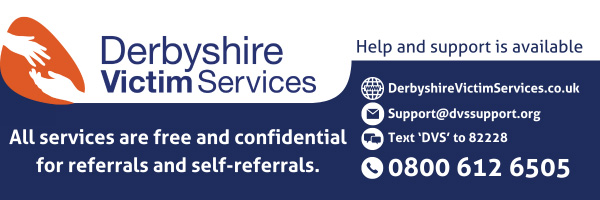|
||||
|
||||
|
|
||||
Following a few enquiries in relation to suspicious messages, calls and emails, please note the following advice and share with friends and family who are not on social media. What is phishing? 'Phishing', ‘quishing’ or ‘smishing’ is when criminals use fake emails, text messages, QR codes, or phone calls to trick victims. The goal of a phishing message is to encourage the victim to click a malicious link, or scan a fraudulent QR code, which usually leads them to a genuine-looking website, designed to make victims part way with their financial and/or personal information. Criminals will use well-known brands or organisations the victim already has a connection with, like a bank or tradesperson, to make fake emails seem genuine and more convincing. How can you protect yourself? If you’ve received an email that doesn’t feel right, STOP! break the contact – don’t reply, click on any links, call any phone numbers or make any payments break the contact – don’t reply, click on any links, call any phone numbers or make any payments hang up If you’ve lost money or provided financial information as a result of a phishing scam, notify your bank immediately and report it to Action Fraud at actionfraud.police.uk or by calling 0300 123 2040. In Scotland, call Police Scotland on 101.
| ||||
Reply to this message | ||||
|
||||
|
|
||||
|
||||
|
|
||||

|
|






